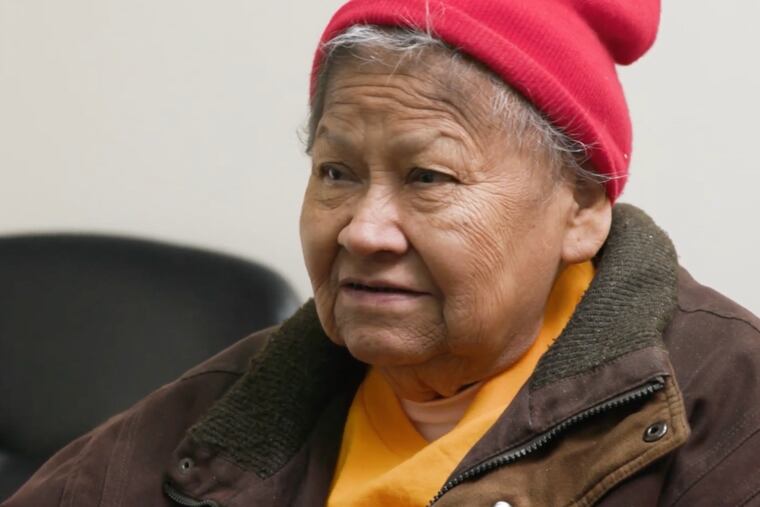Intimidating, unfair legal system makes it hard for people to get the help they need
It's time to close the justice gap.

Most Americans take basic human needs for granted. Housing, health care, education, income, and safety are things the fortunate among us expect to have access to — but they’re also the issues often at stake in civil legal problems impacting poor people.
Far too many people do not realize just how pervasive these civil legal issues are for low-income Americans. The just-released report, “The Justice Gap: The Unmet Civil Legal Needs of Low-income Americans” by the Legal Services Corp. (LSC), reveals that three in four low-income households experienced one or more civil legal problems in the past year, two in five experienced five or more, and one in five experienced 10 or more.
Civil legal problems can range from a variety of sources, including medical debt, disconnection of utilities, trouble accessing food stamps and other assistance programs, and having a derelict landlord.
Many low-income Americans will not even seek the legal services they need to solve civil disputes because they believe they will be unable to afford or access them. According to the report, low-income Americans do not get sufficient legal help for 92% of the problems that have had a substantial impact on their lives. Equally upsetting is the lack of trust in the system by those who most desperately need it. Only 28% of low-income Americans believe they are treated fairly by the legal system. This speaks volumes of a lack of access, lack of information, and a deepening mistrust among the very people who are most at risk.
The legal system was designed by lawyers for lawyers. It’s so intimidating that many people don’t realize the difference having a lawyer can make when dealing with an eviction, debt relief, benefits dispute, custody battle, or the many problems that people confront. This is wrong and unfair. Fairness is one of the most fundamental tenets of our democracy, and everyone, regardless of income, deserves access to competent representation. Equitable access to civil legal assistance is something our elected leaders must vote to protect.
Unsurprisingly, the COVID-19 pandemic exacerbated many of these already pervasive problems, whether it be access to unemployment insurance or stimulus payments, problems accessing technology necessary to participate in virtual learning, or housing issues such as foreclosure, eviction, or maintaining a safe living environment. In the past year, 33% of low-income Americans experienced at least one civil legal problem linked to the pandemic.
For example, when Rosa — an elderly, disabled woman who lives in public housing for seniors in New Jersey, whose name we are not using to protect her privacy — lost her identification documents, she fell behind on rent because she couldn’t access her bank account. She asked Essex-Newark Legal Services for help, but it lost contact with her when the pandemic hit. Eventually, its staff was able to locate her and found that she had been isolated for several months, surviving on food donations and housed only because of the eviction moratorium. Legal Services helped her obtain a new ID card so she could get current on rent and stay safe and housed.
The Legal Services Corp.’s report shows just how limited access to civil legal aid is for the vast majority of low-income Americans.
In order to expand the reach of community legal services, we must ensure that members of Congress know this is a priority for voters during the appropriations process and vote to keep these vital organizations in operation.
At the end of the day, fairness is the bedrock of our democracy — but only inasmuch as we believe it to be. Access to our legal system and proper, thoughtful, competent representation isn’t just for the wealthy, powerful, or well-connected. It’s time to close the justice gap.
Ken Frazier is the executive chairman of Merck’s board of directors and, until last year, served as the company’s CEO. Jim Harbaugh is the head coach of the University of Michigan Wolverines and a former head coach and quarterback in the NFL. Both serve on LSC’s Leaders Council, which Frazier cochairs.